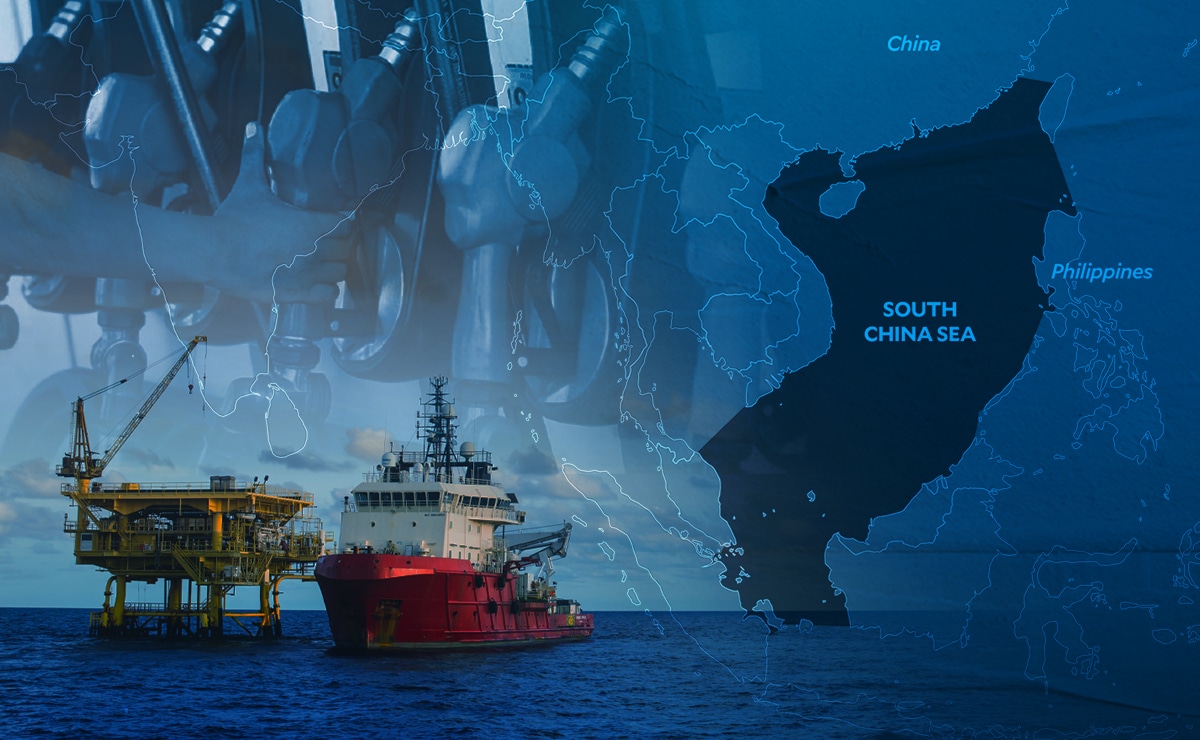Chokehold of maritime trade route seen as aim of China
China’s South China Sea Strategy: A Maritime Power Play

China’s assertive actions in the South China Sea signal its ambition to dominate not only the region’s resources but also its strategic economic and military advantages. Geopolitical expert Don McLain Gill emphasizes that controlling the South China Sea is crucial for China to achieve its broader goal of influencing both sides of the Indo-Pacific. This control is essential for maintaining an upper hand over maritime trade routes, which are vital for global commerce.
The Economic Stakes of Maritime Control
The South China Sea is not just a body of water; it is a critical artery for international trade. According to the U.S. Energy Information Administration (EIA), in 2023 alone, approximately 10 billion barrels of petroleum and 6.7 trillion cubic feet of liquefied natural gas passed through this vital region. Daily, nearly 30 million barrels of oil are transported through the sea, which stretches from Singapore to the Strait of Taiwan. This represents a significant portion of global oil shipments, with 37% of the 76 million barrels moved daily traversing these waters.
China’s ambition to control this maritime route is driven by its need for energy security and economic leverage. Gill points out that dominating these trade routes enhances China’s economic clout, especially as it operates the world’s largest commercial fleet, surpassing Greece and the United States. This fleet not only bolsters China’s cargo transport capacity but also reduces logistics costs, making it a formidable player in international trade.
Experts warn that if China successfully asserts control over the South China Sea, the implications could be severe. A negative control scenario could choke off trade routes critical to Japan and limit access to technologies essential for U.S. economic activities. Such disruptions would have far-reaching consequences for the global economy, affecting not just the nations directly involved but also the broader international community.
The Military Implications of Maritime Dominance
The strategic significance of the South China Sea extends beyond economic interests; it also has profound military implications. Control over this region would enable China to project power deeper into the Pacific, potentially altering the balance of power in the Indo-Pacific. Defense experts highlight that any disruption to the free passage of ships through these waters could have significant repercussions for global trade.
Moreover, China’s commercial fleet could serve as a critical asset in times of conflict. U.S. military officials have acknowledged vulnerabilities in the current state of the U.S. merchant fleet, which could hinder military operations during a conflict with China. Admiral Samuel Paparo, leading the U.S. Indo-Pacific Command, noted that the size and scope of the U.S. merchant fleet present a weakness that could be exploited in a military confrontation.
HD Hyundai Expresses Strong Interest in U.S. Naval Shipbuilding Cooperation
The White House has long recognized the importance of a robust commercial fleet for national security. The 1989 National Defense Directive on Sealift emphasized that a commercial fleet is essential for executing defense strategies and maintaining a wartime economy. This underscores the critical role that maritime control plays not only in economic terms but also in ensuring national security.
In summary, China’s aggressive posture in the South China Sea reflects its broader strategy to dominate a region that is vital for both economic prosperity and military strength. The stakes are high, and the potential consequences of China’s actions could reshape the geopolitical landscape of the Indo-Pacific for years to come.
